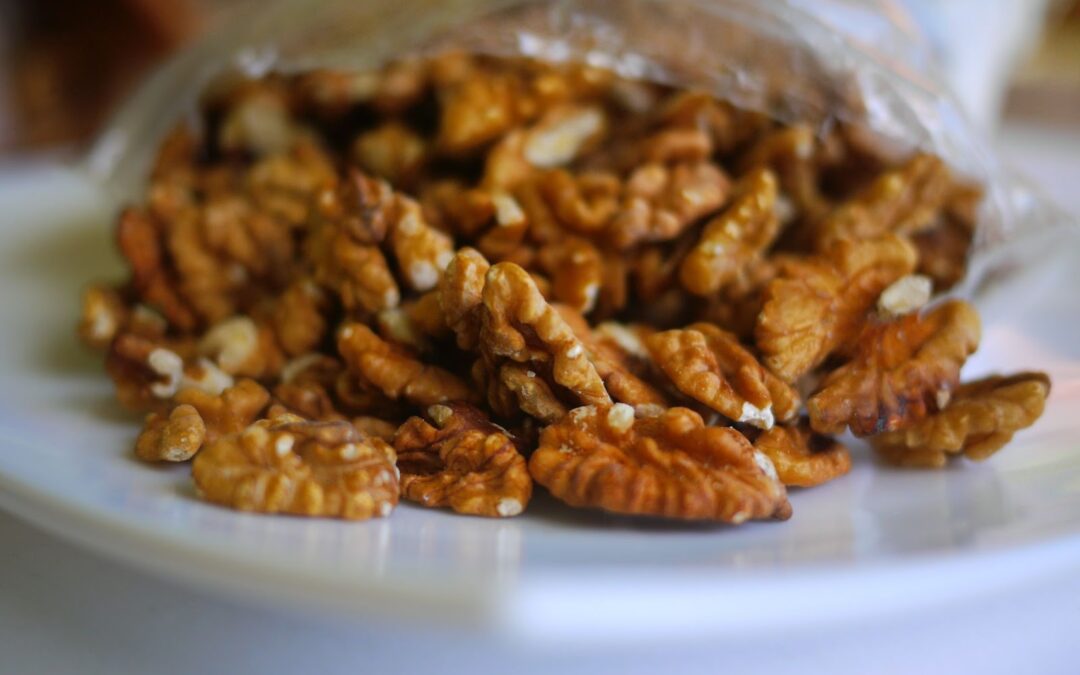Young pecan trees need about 10 to 15 gallons of water per week. In order to ensure your new pecan trees yield a good crop, you’ll want to ensure you not only purchase healthy saplings, but that you know how to care for your trees. As with most other plants, there are a wide variety of pecan trees for sale around the country.
A tree’s variety can make a world of difference depending on your area, climate, and needs. By working with a Georgia Pecan Nursery, you’ll be able to make the right choice for your unique situation and rest easy knowing that your pecan tree is healthy.
Here’s what you need to know about healthy pecan trees:
- Pecan Tree Crop Yield
- Time to Pollinate!
- The Growth of Your Trees
The pecan tree is a large, nut-producing tree native to Northern Mexico and the southern United States. A pecan tree is a species of hickory tree that produces nuts encased in thick, green husks. The wood of a pecan tree can be useful in making furniture or flooring, and adds a sweet, nutty flavor to smoked meats as well. In the first five to ten years after planting, pecan trees may not bear nuts, but after that, some trees bear nuts for up to 100 years.
Pecan Tree Crop Yield
The time when pecan trees are ready to bear nuts differs for each tree type, so you should consider this when purchasing your tree saplings. Trees that bear nuts at a young age are known as precocious trees. A precocious pecan tree bears nuts very early on. Even though these precocious trees might produce nuts earlier, their quality can often suffer from overloading over time. You can find nut bearing trees for your needs at a Georgia Pecan Nursery, but their team can help troubleshoot any negative tree issues as well.
Pecan trees usually don’t produce consistently from year to year, like most other trees. An alternate bearing tree will produce an abundant crop one year, followed by a poor-quality harvest the following year. With the help of a Georgia Pecan Nursery, you can ensure the pecan tree variety that you purchase will suit your nut yield needs.
Our Pecan Tree Nursery has many varieties of pecan trees for sale to choose from. Visit Pecan Tree Sales today!
Time to Pollinate!
If you’re buying pecan trees, you should consider pollination. Most pecan trees will have male, female, catkins, nuts, and flowers in addition to their leaves. The production of nuts depends on pollination between these flowers.
An ordinary tree wholesaler may not understand that. A Georgia Pecan Nursery’s tree farmers can help you choose the best type I and type II pecan trees based on your needs when you buy your tree saplings from them.
- Type I pecan trees release pollen from the catkins, but the nut clusters don’t become receptive until later.
- Type II pecan trees become receptive to the pollen before the catkins release the pollen. These trees are more likely to be pollinated when they are grouped together with different varieties.
The Growth of Your Trees
The Georgia pecan tree can tolerate a wide range of temperature extremes, but generally they do best in zones 7-9. In order to get the best nut harvest, we recommend that the level of minimum temperature for your pecan trees is in the range of 45 to 55 degrees Fahrenheit. Pecan trees are temperature sensitive, and they prefer a temperature below 80 degrees Fahrenheit.
In the same way, in order to maintain a tree that produces an abundance of fruit, you will need to prune and groom it on a regular basis. Pruning a Georgia pecan tree usually involves removing dead, broken, and otherwise tangled branches to stimulate healthy growth. A dormant season of growth, which generally occurs between late December and early spring, is the best time to perform this task.
With the help of a Georgia Pecan Nursery, you’ll be able to determine the best nut size and quality for your pecan tree production needs. Oftentimes, with various types of pecan tree varieties, cross pollination is also an option. In order to create and cultivate the nut yield you need, purchase your trees from a Georgia Pecan Nursery.
If you’re looking to purchase a variety of pecan tree types or you’re looking for more information to help care for your Georgia pecan trees, contact Georgia Pecan Nursery today!

